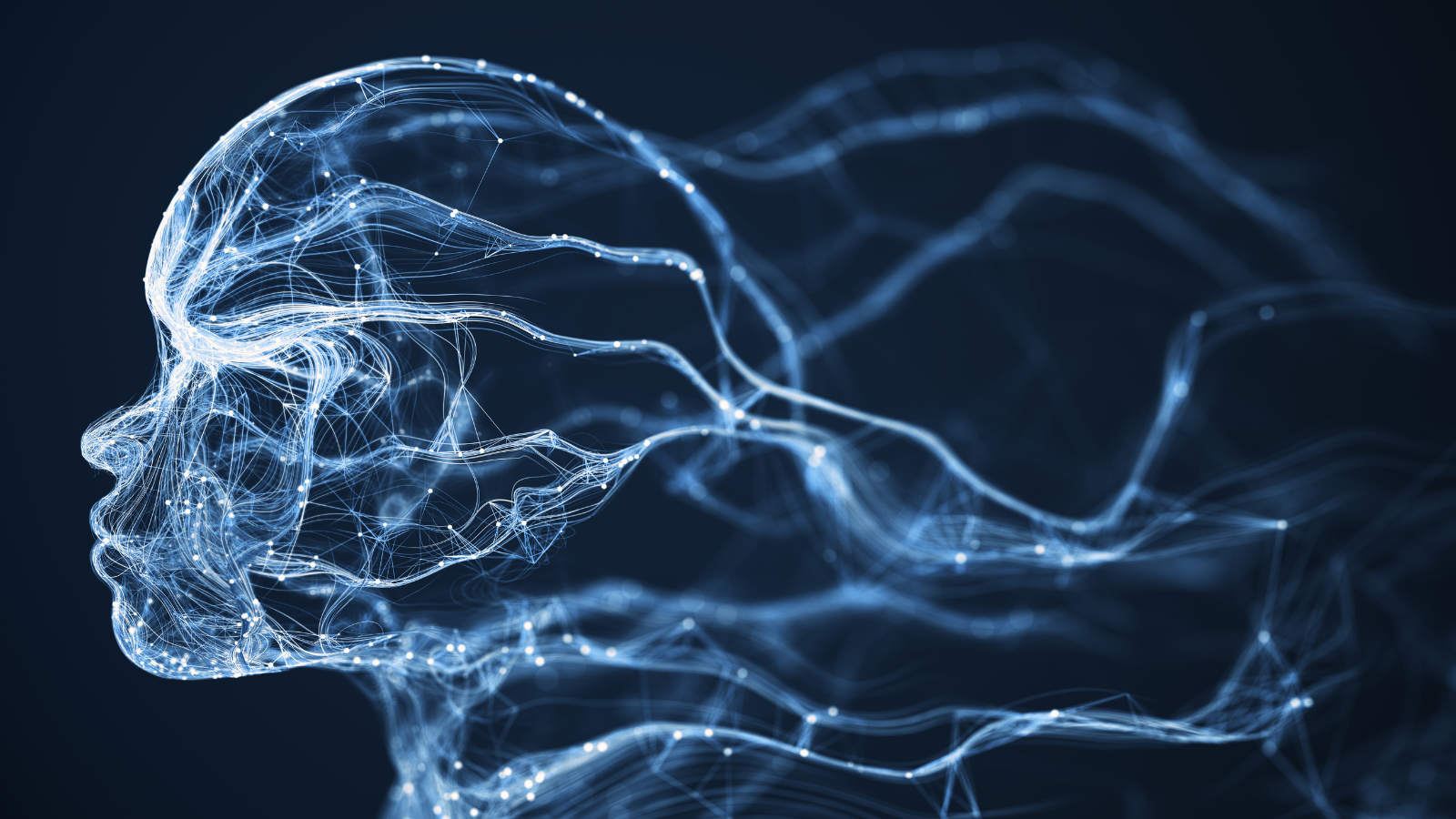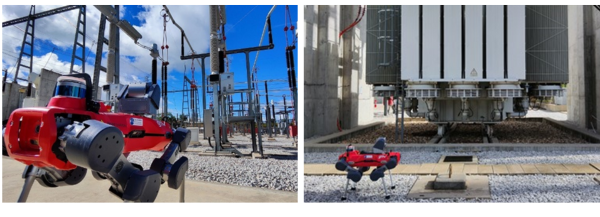
Artificial General Intelligence (AGI) refers to a type of artificial intelligence with the capacity to understand, learn and apply knowledge to a wide range of tasks at a level comparable with a human being.
The main characteristics that define artificial general intelligence are:
- Having the capacity for general reasoning, learning and resolving issues across a wide range of fields, not limited to specific tasks.
- Having the ability to continuously acquire and transfer knowledge, adapting to new situations and tasks.
- Understanding and communicating fluently in a natural language, with a level similar to that of humans.
- Being able to formulate and execute plans to achieve complex objectives in dynamic and unstructured environments.
- Having creativity and imagination, with the ability to generate new and original ideas, concepts, and solutions.
- Having the ability to adapt and learn from new experiences and unforeseen situations.
- Possessing consciousness and self-awareness, or rather, a sense of self and being aware of one's own existence and abilities.
Although today this type of artificial intelligence is a field of research in itself, and there is no evidence that it has been implemented, at least based on what has been officially published and forgetting about recent rumours that OpenAI has already achieved the milestone of developing AGI in its GPT-5, we must admit that advancements are being made that take us closer to this and we are part of an exciting debate on how close or far we are from achieving it.
In this way, AGI could have a significant impact on society and on numerous industrial sectors, as it could automate and improve a wide range of processes and tasks currently performed by people, which raises ethical and safety challenges that will have profound implications across practically all aspects of society and which we must address as research and development progress.
Over the past few months, there have been several advancements that have brought us increasingly closer to this milestone, among which we should mention those made in Generative Artificial Intelligence (GenAI) and which we should not confuse with AGI, although with its acronym it’s easy to do so.
Generative Artificial Intelligence (GenAI) is a type of artificial intelligence which is capable of creating (or generating) new and original content based on the data used to pre-train artificial intelligence models, among which the following should be highlighted:
LLMs (large language models) and, more specifically those that have signalled a turning point, such as models using Generative Pre-trained Transformer (GPT). Those models use complex neural network architectures, like transformers, to process large quantities of text data in a natural language and generate coherent responses based on the context.
Another current advancement comes from OpenAI and Sora, its latest advancement in generative video models. OpenAI has developed the generative video model to the point of being able to generate realistic videos using a simple prompt. Sora is capable of creating visual content and simulations of complex scenarios, therefore taking a step forwards similar to that of LLMs with Transformer (GPT) models.
Believing that we are close to achieving AGI can be difficult to digest, but we are seeing a lot of news in this area that, although it may be a little sensationalist, shows us the current status of the artificial intelligence industry. Among these news stories, two should be highlighted:
The first is that the CEO of Cognition Labs, Scott Wu, presented its platform Devin as the first “fully autonomous” AI software engineer. The Devin platform requires interaction through a console and a chat box which manually introduces prompts and needs some supervision, but Devin has demonstrated that it is capable of:
- Generating images with “hidden” words within the photo itself. These words are subtly camouflaged in the photocomposition and you have to pay attention to detect them.
- Creating and rolling out entire games.
- Identifying and resolving errors in the code.
- Training and improving its own AI models.
- Preparing and adjusting the context necessary to address errors and feature requests in open source repositories.
The second news story to highlight is the Figure 01 humanoid robot, developed by the start-up Figure AI in collaboration with OpenAI. This robot is capable of performing tasks autonomously, such as walking and talking to humans, and it stands out due to its ability to interact in a natural way. The project has significantly advanced since its announcement in October of last year, presenting a prototype that does not require a remote and operates at a real speed. In addition, it uses OpenAI neural networks in its development.
In short, this potential full artificial intelligence is a great opportunity to transform society and industry and, in particular, within the electricity sector, it has an immediate application in the field of automated robots. It is a top priority for any company looking to guarantee the safety and integrity of its employees and to ensure a safe and healthy working environment.
Currently, remote-controlled robots are already being used to monitor assets in substations in the electricity transmission grid. These robots are used to go where humans can’t or where it is dangerous, increasing the safety of dangerous tasks, in extreme or difficult-to-access environments.

However, it is important to recognise that artificial intelligence is a field that is constantly evolving and that there is still a lot to discover and learn. In this environment, we must remain open to new ideas, advancements, and possibilities.